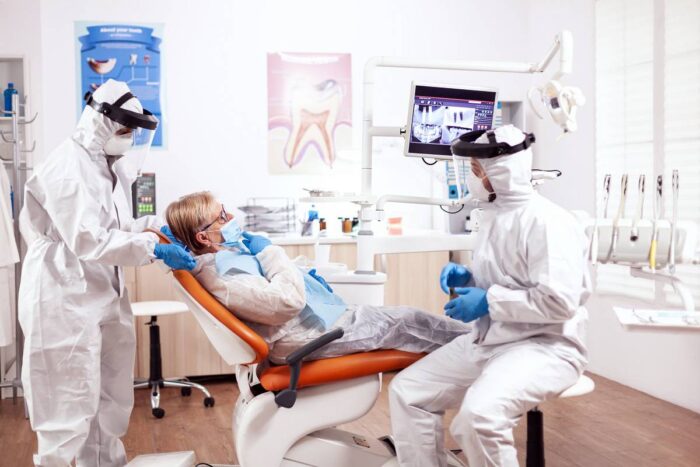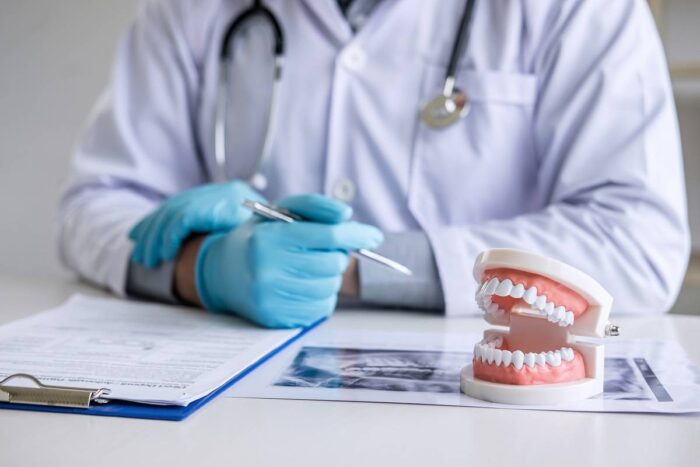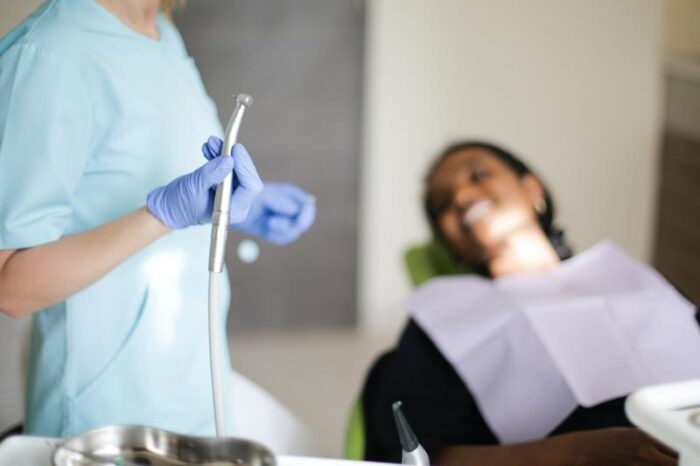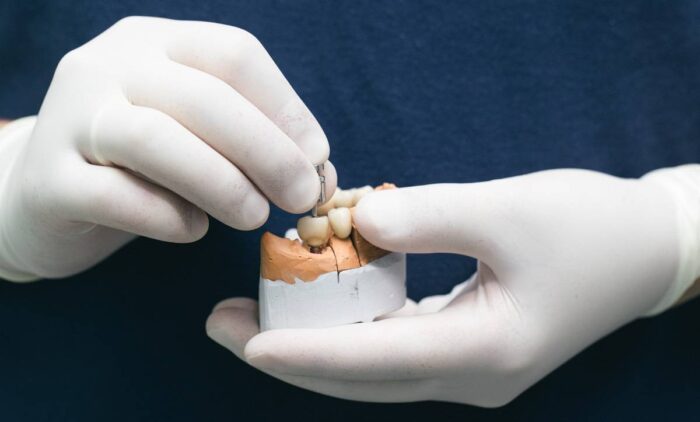Many people around the world suffer from alcohol and drug addictions. Oral health deteriorates as a result of substance abuse. An addicted person often neglects dental care. Among recovering addicts, dental issues are rising due to the growing incidence of addiction and poor hygiene in general.
Losing a tooth can have a significant impact on your smile. Your mouth, gums, and bone structure can change due to missing teeth. There are likely to be other health issues resulting from being unable to chew your food properly.
The damage caused by a long history of substance abuse is nearly impossible to reverse naturally. To recover from the dental consequences of their prolonged addiction, they will need the assistance of a dentist.
In many cases, they cannot afford dental care, either because of their low income or because they are negligent. However, there are certain programs and dental grants for recovering addicts and low-income individuals that can provide relief for them.
You can get cheap dental implants near you if you need them, read our blog post on where you can get cheap dental implants near you.
Understanding Issues Faced By Recovering Addicts

Recovery from substance-use disorders can be challenging for anyone, regardless of age. Depending on the type of drug involved, withdrawal symptoms caused by stopping the use of a drug are often very different, depending on how physically addicted the person becomes to it.
Some drugs cause life-threatening withdrawal symptoms, while others cause mild symptoms. People withdrawing from drugs can suffer from several unpleasant and challenging physical and psychological symptoms. A full medical detox can effectively minimize and control drug withdrawal symptoms.
The impact of substance abuse on dental health is often overlooked. Drug abuse and lack of proper dental hygiene and care contribute to poor dental health among people struggling with addiction.
The following factors contribute to the destruction of gums and teeth caused by substance abuse.
- The mouth can become dry due to substance abuse, salivary secretion can decrease, and cavities and gum disease are more likely to occur.
- The mouth can become more acidic when using cocaine; it harms the teeth. Consequently, teeth are more prone to decay.
- Addiction to certain substances, such as heroin, can increase a person's sugar craving, increasing sugar intake, which can harm teeth and even lead to tooth loss.
- The use of methamphetamine can result in a condition known as meth mouth, which causes the gums to suffer serious bleeding by cutting off their blood supply immediately. Methamphetamine erodes tooth enamel, which results in extensive tooth decay and damage.
- The chances of oral increase with alcohol consumption since it interferes with tissue cell division.
If you do not have insurance for dental care, check out our blog post about cheap dental care options for adults without insurance.
How Can Missing Teeth Affect Recovering Addicts?
Aside from the negative effects drugs can have on people's teeth, abusing illegal substances can lead to several problems. Without dental care, prolonged drug abuse can severely damage teeth and cause tooth loss.
You may also experience problems with your physical health if your teeth are damaged, decayed, or missing. A dentist can provide dental implants to recovering addicts who miss a tooth or multiple teeth. Recovering addicts can receive free dental implants through many programs.
Tips On Proper Dental Upkeep At Home
Your teeth should be brushed and flossed regularly. An addict recovering from addiction must establish a hygienic dental routine to stop and sometimes even reverse the damage done to their gums and teeth.
To maintain healthy teeth and gums, recovering addicts can do the following to benefit their overall well-being and regain their oral hygiene.
Brush Twice A Day
You should brush twice daily for at least two minutes to avoid plaque buildup. Angle the toothbrush head towards the gums in small circular motions. Both the front and back of your teeth should be thoroughly cleaned, including the gum line. Electric toothbrushes are also helpful for some patients.
Floss Before Brushing
You can remove anything your toothbrush cannot dislodge, flossing every night for at least two minutes before brushing. A healthy routine should include flossing.
Otherwise, food particles and debris might get stuck between your teeth and create dental decay. Flossing should be performed along the entire tooth, up and down.
Maintain Your Toothbrush
Change them every three to six months to keep your brush in good shape and clean your teeth properly. If your toothbrush is damaged or frayed, your teeth won't be cleaned properly, and your gums will be damaged. Ensure that your toothbrush is well-rinsed and stored in a dry place.
Sugary
Sugary foods, carbonated beverages, and cold drinks with high sugar content should be avoided. A calcium-rich diet can help maintain healthy teeth and keep them strong. Leafy greens, almonds, yogurt, and cheese are all food items that strengthen your teeth.
Ensure your teeth stay strong for years to come by eating foods that your dentist recommends.
- A healthy saliva flow can be maintained by staying hydrated and maintaining overall health. Saliva prevents bacteria from growing in the mouth by moving food particles through the mouth, so they don't lodge in the teeth. You'll also feel more comfortable, and your mouth will stay moist.
- To prevent dental infections and decay, consider using dental sealants. You can prevent cavities and plaque by using dental sealants on your molars and premolars.
- By visiting your dentist regularly, your dentist can detect issues before they become serious or prevent them from occurring. Routine dental visits and thorough cleanings twice a year will help you maintain healthy teeth and gums.
Dental Grants For Recovering Addicts In 2023
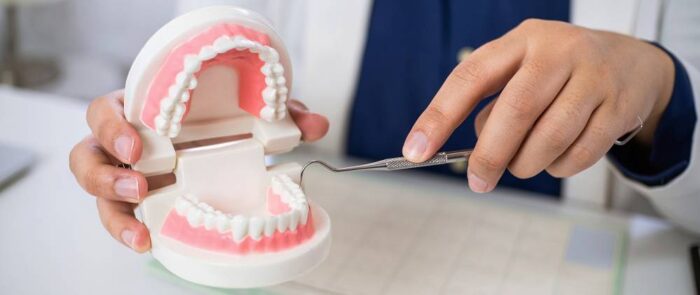
Dental implants are very expensive in the United States and other countries. Moreover, high-tech equipment and tools and highly skilled crews are necessary.
That is why there are organizations that provide free dental implants for addicts. Alcohol and drug abusers may benefit from dental implants if they lose or damage their teeth. Those in recovery from addiction can get free or affordable dental treatment through the following dental grants.
Dental School Grants
The primary purpose of dental schools is to teach students about oral health by providing them with low-cost or free services. Professionals provide students with instruction when this happens.
Dental grants reduce patient expenses by reducing the cost of surgery or other dental treatments. In addition, dental students are invited to get free dental treatment from volunteers.
Dental Implant Grants
The best method of replacing missing teeth is through dental implants. Implants can be expensive, but that's the only drawback. As a result, low-income individuals and recovering addicts have no choice but to apply for government grants for dental implants.
People needing dental implants can receive grants from The Wrigley Company Foundation of $2,500 to $5,000 through the nationwide Healthier Smiles Grant program.
Non-profit Organizations
Additionally, several non-profit organizations offer grants for dental treatment on top of the funding offered by various government programs. Low-income individuals can receive free dental implants and basic or cosmetic dentistry services at a reduced cost through these dental grants.
The ADA Foundation, a non-profit organization, provides dental grants from $5,000 to $25,000. The Dental Lifeline Network seeks to assist the needy by providing free dental implants.
The AGD Foundation helps people with oral health issues. Underprivileged and underdeveloped persons qualify for cosmetic dental grants from the DentaQuest Community Response Fund.
Research Institutions
Many research institutions offer free clinical trials for dental implants throughout the country. Research organizations conduct clinical trials to test new medications and treatments for various dental issues.
Many institutes and organizations offer free dental implant trial programs for the participants. By participating in clinical trials, you can contribute to scientific research while saving money on medical care.
Frequently Asked Questions
Recovery addicts often suffer from dental issues and have very low levels of dental hygiene, so they may have many questions regarding their dental health and how they can rebuild their smiles. We receive the following questions frequently about this topic.
Yes, the CDG grant program is legit. You can freely apply for the CDG program and regain confidence in your smile if you wish to improve your oral health. Applicants who can show that their oral cavity is healthy enough to support the dental procedure they require.
People who cannot afford dental treatment can receive low-cost or free dental care from dental charities. Providing safe, sustainable dental treatment to communities in remote locations is a core mission of Dentaid. America's Dentists Care Foundation provides dental charities for adults. Free oral health care is provided at Mission of Mercy events.
Yes, the IRS gives grants. 131 organizations received matching grants totaling more than $12.1 million from the Internal Revenue Service. Low-Income Taxpayer Clinics (LITCs) will be eligible to receive funds for the grant year 2022 if they develop, expand, or continue to operate.
Prolonged substance abuse can lead to the deterioration of the addict's dental health. In addition to the dental hazards that accompany substance abuse, addicts often neglect their dental health and hygiene due to a general disregard for their well-being.
Dental cosmetic procedures, however, are often very expensive. Many dental grants can help recovering addicts restore their smiles and dental health.
Dental grants are not the only benefits sober living get, you can also avail for government grants. To learn more, check out our article regarding government grants for sober living homes.
For more information on dental grants and financial assistance, read the rest of the Gov-Relations resources. Read our article on the cost breakdown of dental bridges and dental implants.



